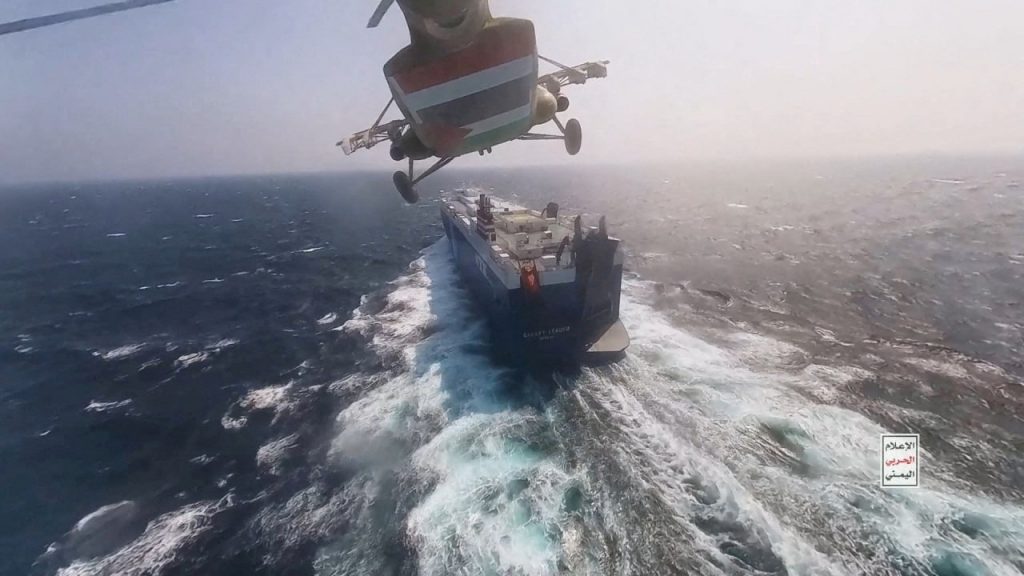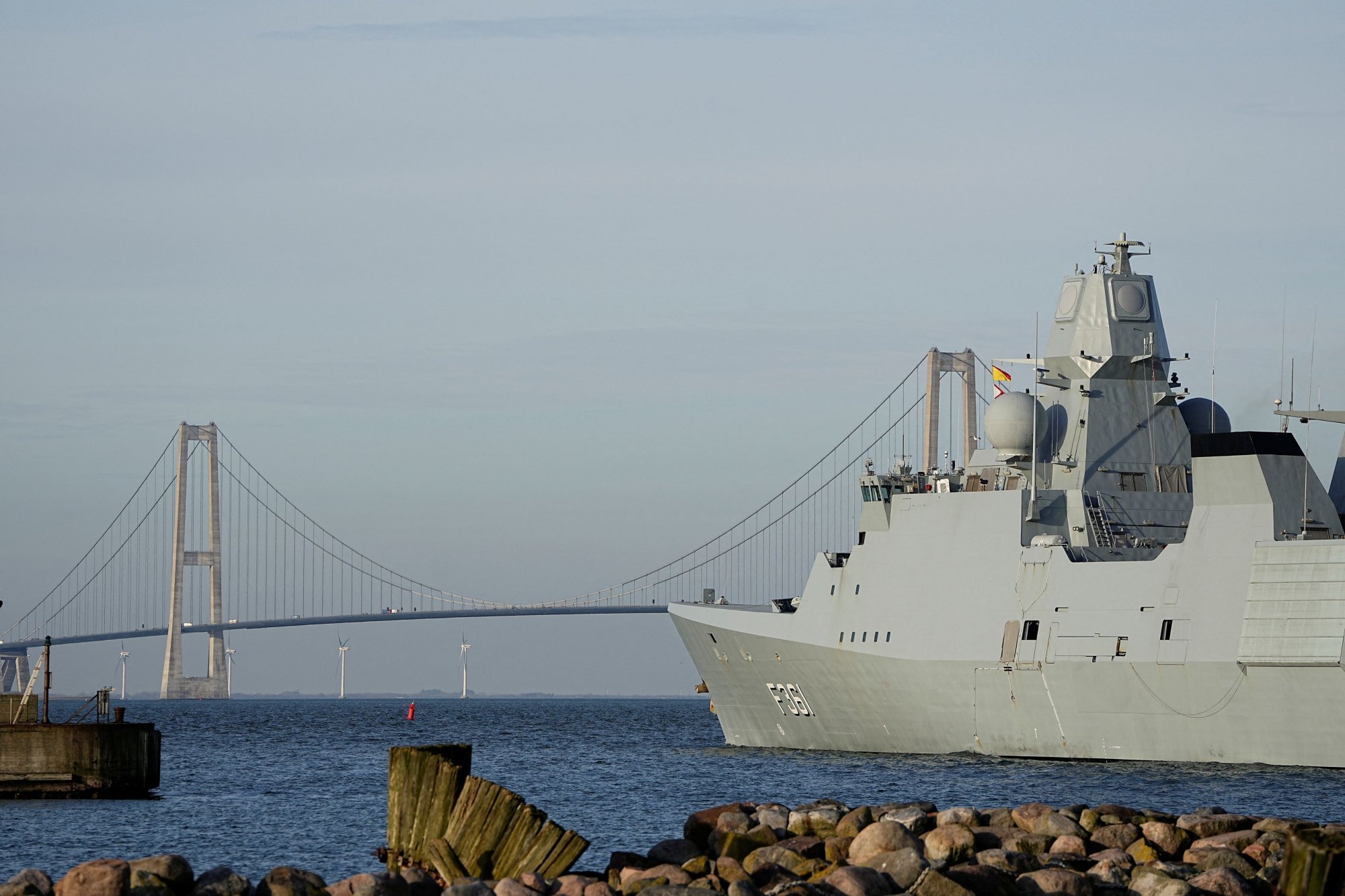The International Monetary Fund (IMF) reported on Wednesday that maritime transportation of cargo containers through the Red Sea has decreased by nearly 30% on an annual basis. This is attributed to the increased attacks by Houthi rebels against commercial ships off the coast of Yemen.
“The majority of the activity in the Red Sea pertains to maritime container transportation, which has decreased by almost 30%,” stated Jihad Azour, Director of the IMF’s department responsible for the Middle East and Central Asia. He added, “The decline in trade accelerated at the beginning of the year.”
According to the PortWatch platform of the IMF, the volume of transportation through the Suez Canal, which connects the Red Sea to the Mediterranean, declined by 37% in the first two weeks of January compared to the same period in 2023.
This decline is directly linked to the attacks launched by Houthi rebels, who control almost all of northern Yemen, on ships in the Red Sea and the Gulf of Aden. These attacks have disrupted navigation in this strategically vital area, through which approximately 12% of global trade normally passes.
Their attacks have prompted major shipping companies to instruct their vessels to avoid the maritime route through the Suez Canal, opting instead to circumnavigate Africa which has resulted in significantly more time-consuming and costly maritime transportation.
The United States, a key ally of Israel, has deployed warships in the Red Sea to protect commercial shipping and has been launching strikes against positions of the Houthi movement since last month. However, these actions have not brought the desired results.
Azour further noted that the impact of the Israel-Palestinian conflict and the Palestinian Islamist movement in the Gaza Strip and the occupied West Bank is “enormous.”
In 2023, the Palestinian territories’ GDP contracted by about 6%, as per revised IMF estimates. The economy is expected to further shrink in 2024 unless there is a quick resolution to hostilities and reconstruction.




